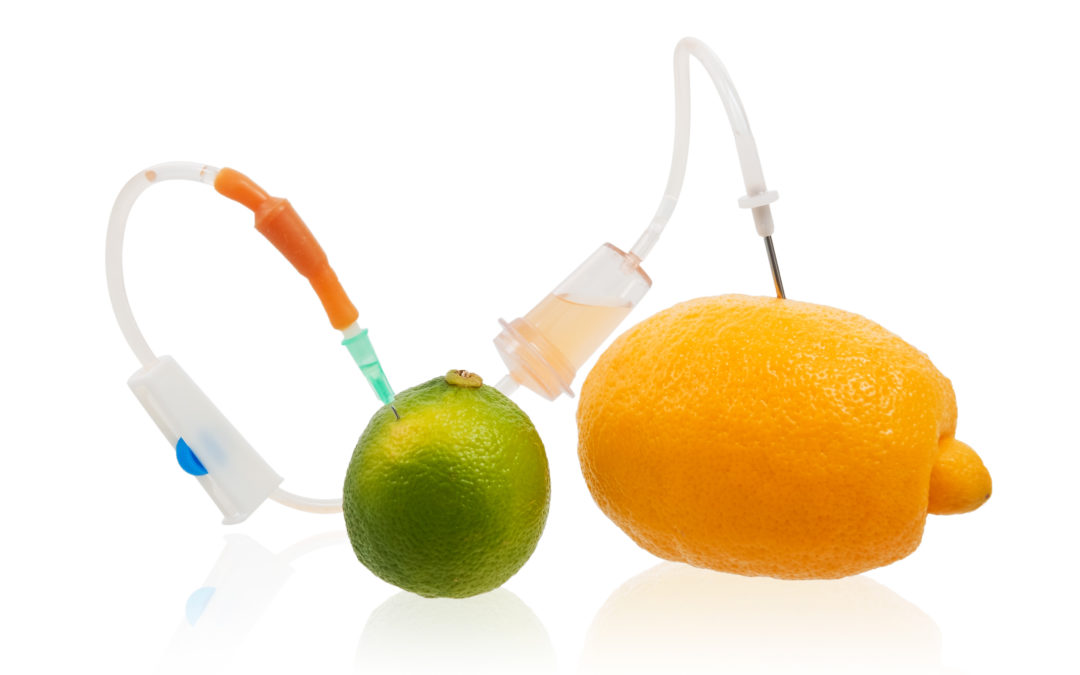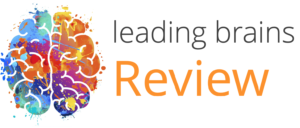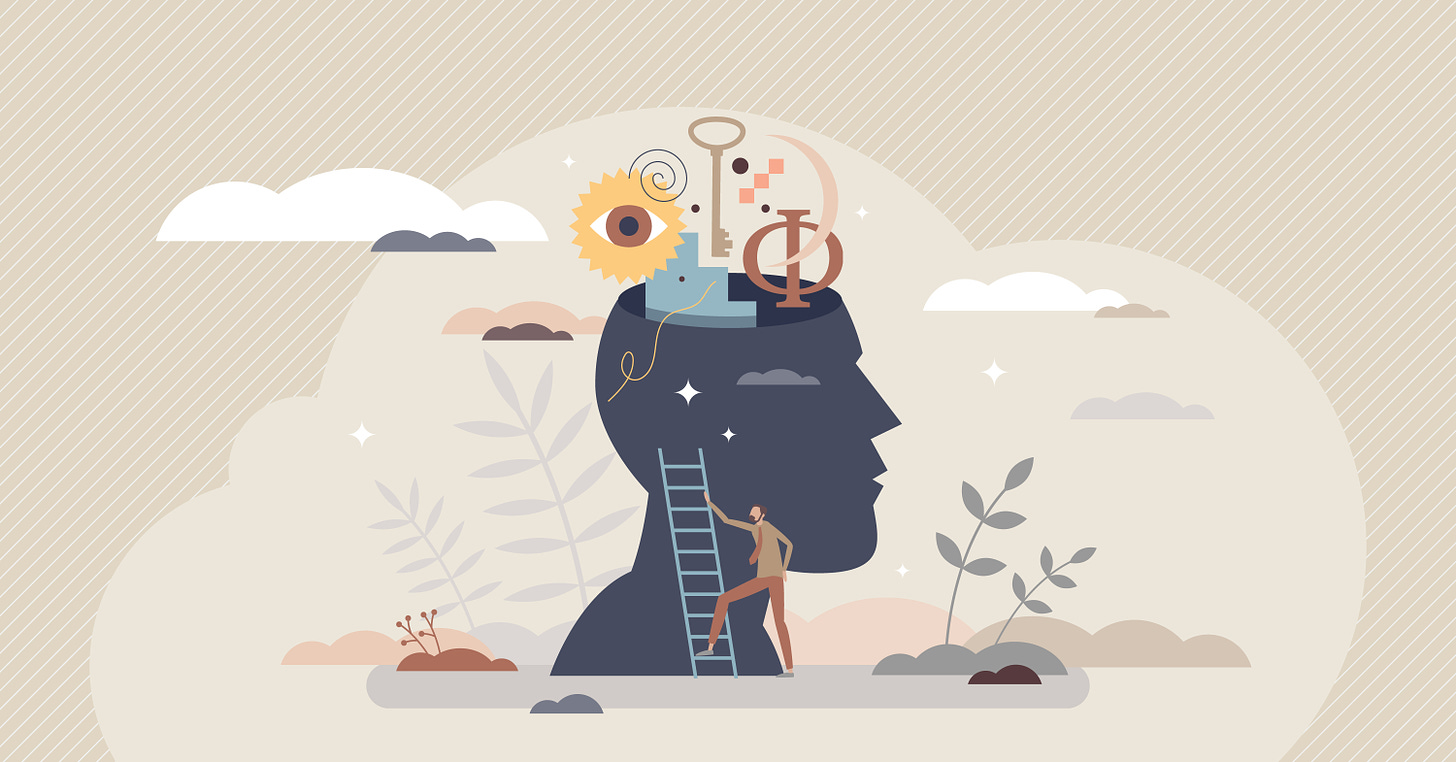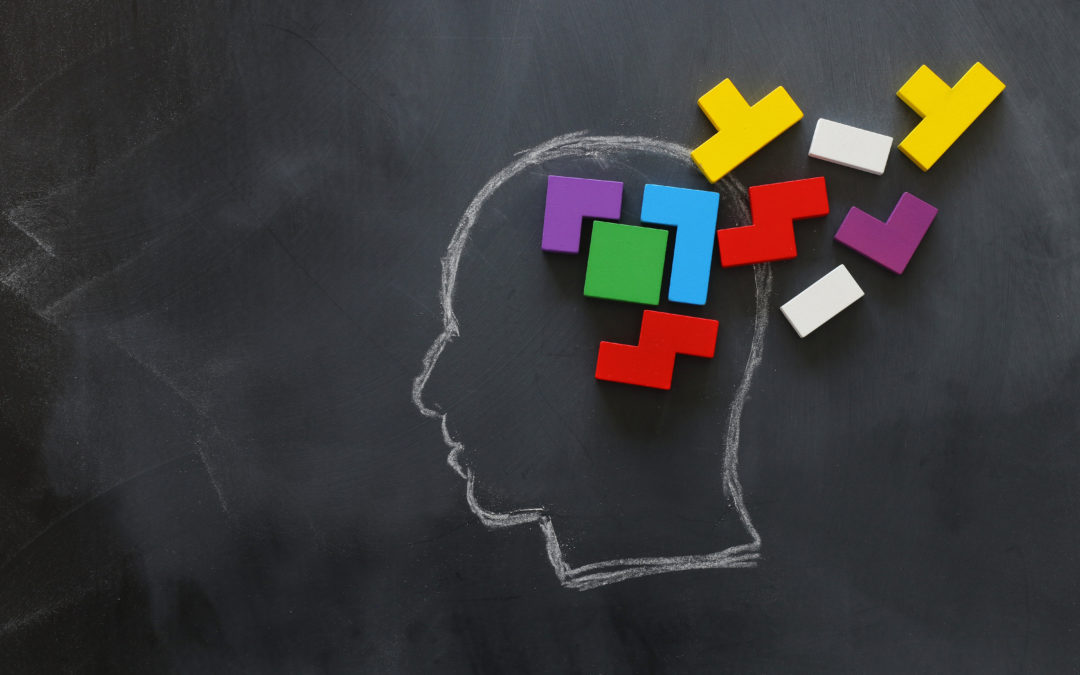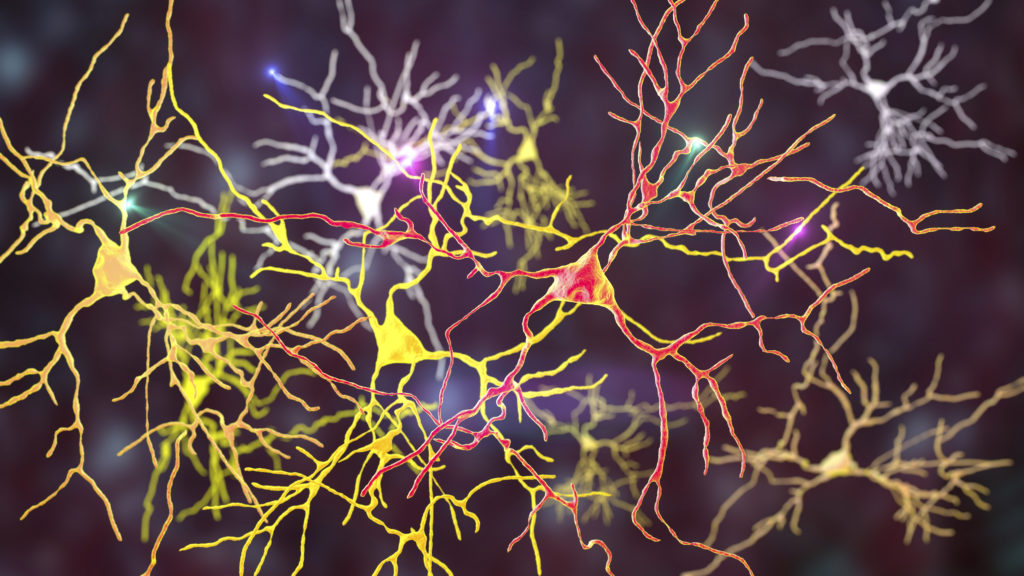
I’m not sure where to start with the above title….is happiness not key to high performance?
Well, kind of. As you may know I have done, and am in the middle of, research into emotional needs in the workplace and how this impacts performance.
Our base theory (based on others’ theories and research) is that improving emotional needs is the key to improving mental (and physical) health, life satisfaction, and also performance
So this is not a surprise to you?
No, our theory suggests that that is precisely what we should be focusing on in all areas in life. Rather than “happiness” or positive feelings (which are obviously good) focus on fulfilling emotional needs.
What did these researchers do then?
They found out precisely what we have been proposing for years.
Tania Clarke and colleagues of the University of Cambridge in the UK tracked over 600 children aged 14-15 in seven schools in the UK. These were given two assessments: one on life satisfaction which broadly relates to “happiness” and the other on “eudaimania” (I’ll call these “needs) which included aspects such as competence, motivation, self-esteem, and of ‘functioning well. These are similar to our needs in our SCOAP model.
They also measure “growth mindset” which has become a popular in educational contexts – a growth mindset means having the belief that you can grow and develop and that life is not static.
Ok, that sounds interesting – and what were the results?
First off, they had a general wellbeing score which included both life satisfaction and needs ratings and they found that this correlated strongly with performance (i.e. getting better mock exam results) even when accounting for socioeconomic differences and other factors.
So far so good – probably to be expected but good to have the scientific evidence in.
However, what was a little more surprising is that when they just looked at the life satisfaction alone there was no significant correlation to better performance. So all the difference was down to the needs.
In our language, those with high emotional needs fulfilment performed better.
That’s very interesting – why?
Well, it’s an interesting relationship and depends on what questions were asked in the assessments. But in our model, life satisfaction is driven by needs fulfillment. Just feeling good is one need but doesn’t take into account all the needs that are essential for full satisfaction and engagement. In our model it is Self-Esteem, Control (which includes autonomy and competence), Orientation, Attachment, and Pleasure.
Our research shows that these are all important and interplay to create high performance. In this context it is not a surprise that for example, competence and functioning well correlate strongly – this is enabling, which is motivating, which generates performance, which generates positive feelings and deeper satisfaction.
In short: focus on what generate happiness and satisfaction rather than the end result – and that is needs fulfillment.
What is also maybe surprising is that there was no correlation to the “growth mindset” – many people think this is important and it sounds intuitively correct. But research has been mixed over the years.
So what is the takeaway then?
There are a number of key points that are relevant for educational systems and teachers but also for business and society.
Focusing on needs is more important than happiness per se. However, this will generate happiness ultimately or life satisfaction (however, surprising that there was not a stronger correlation in this study).
Teachers then should concentrate more on these needs and educational systems should measure these rather than just the “feel good” factors. Ultimately it will all lead to the same place but the fundamentals will be in place.
The same applies to businesses – focus on needs be that leading teams or in organisational leadership. By focusing on needs you will be enabling higher performance and also building a strong foundation for satisfaction and happiness.
Sounds good to me – how competent are you feeling today?
Well, I’ve just finished this and its not even 8am so pretty good!
Well done!
